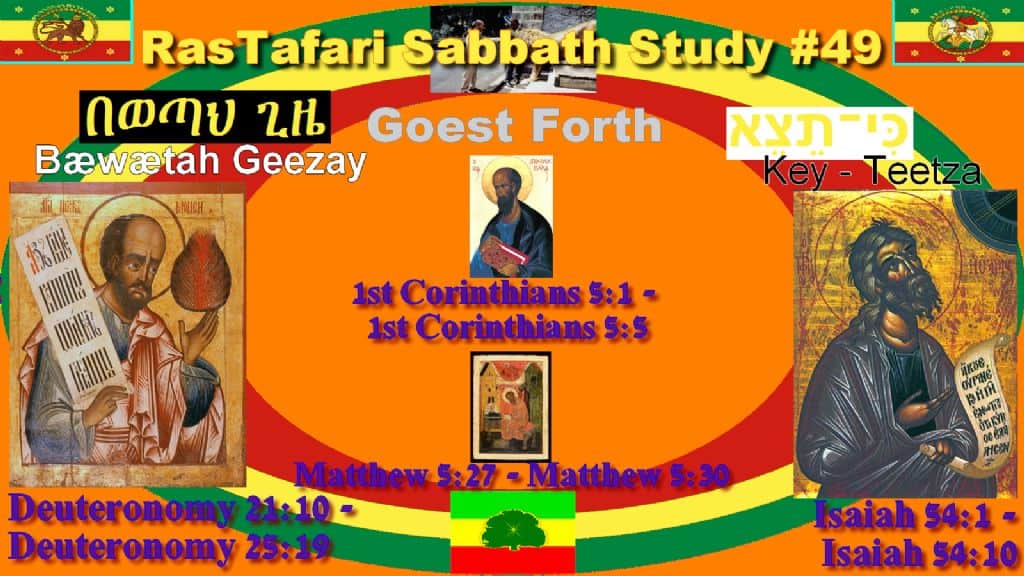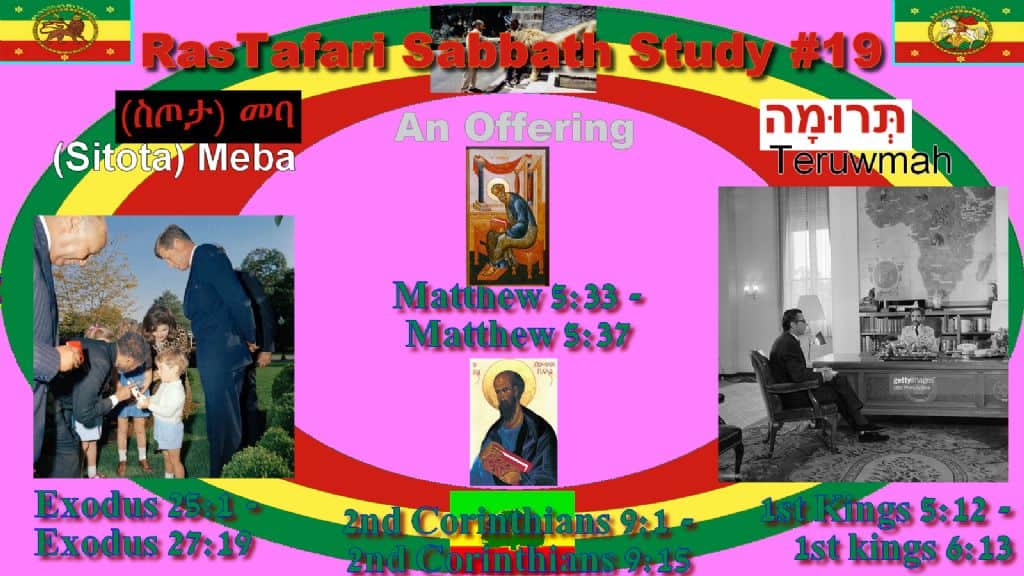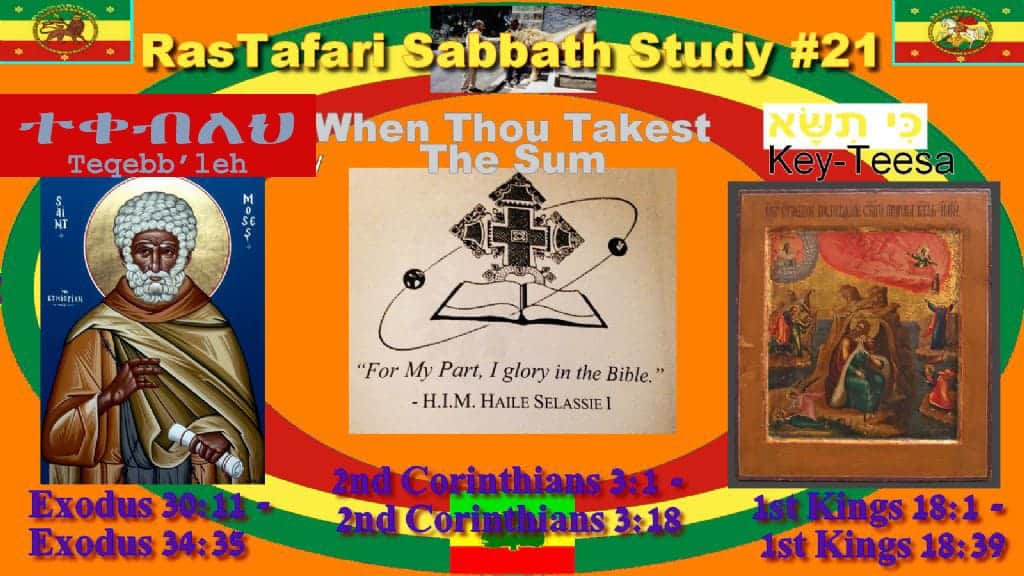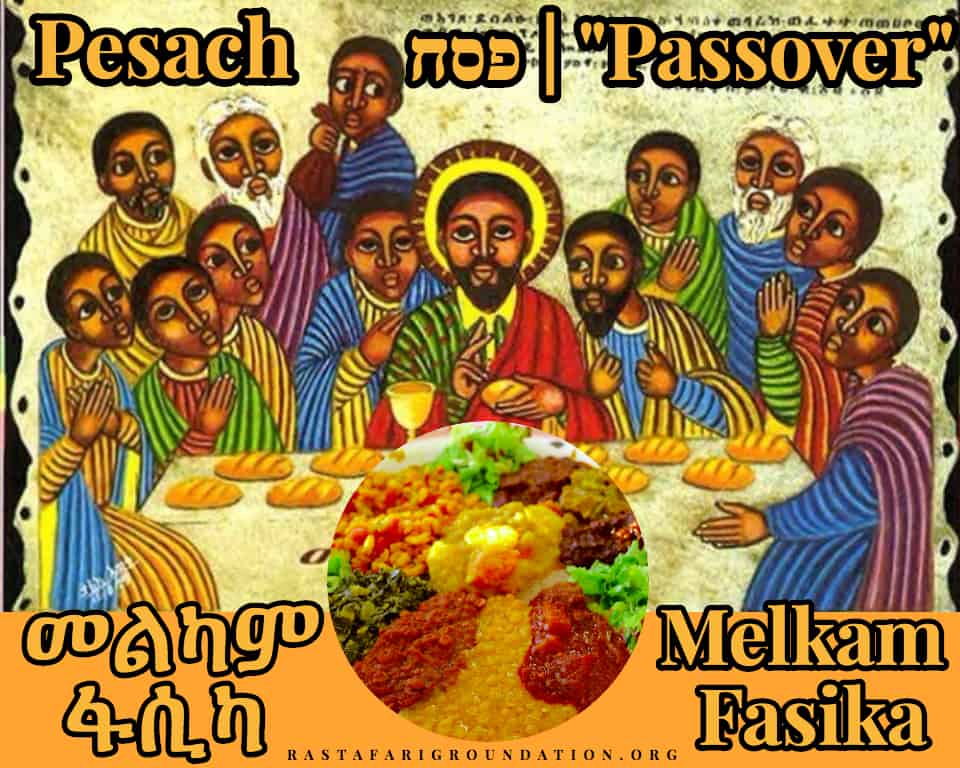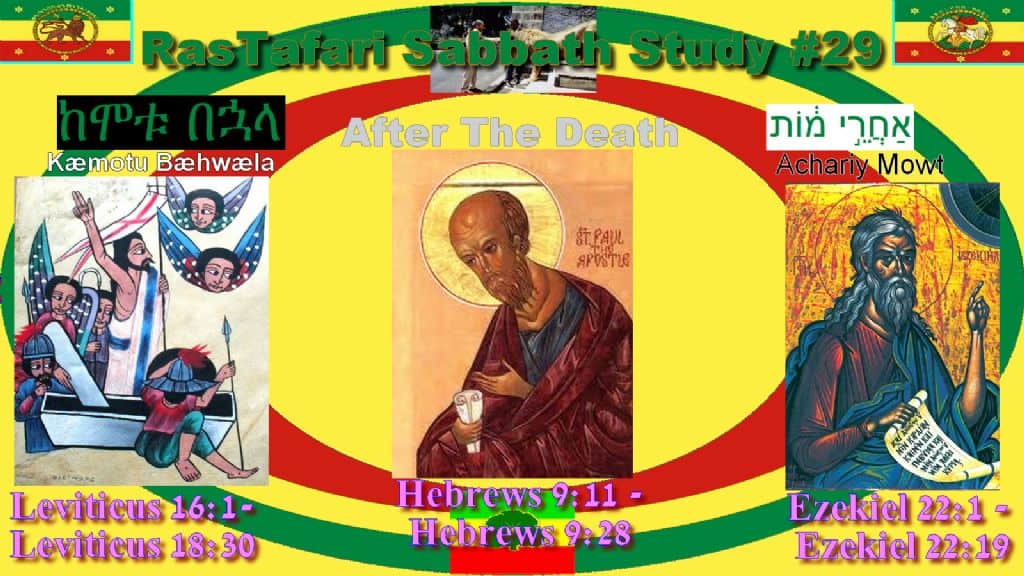This Week's Portion #49
Ki Tetzei | כי תצא | "When you go out/forth" በወጣህ ጊዜ | beweT’ah gizey (beweTah gize)
*For a PDF version of All the Torah Portions Schedule, click here to download!
1. Torah Reading
2. Prophets Reading
Isaiah 54:1-10
3. New Testament Reading
Matt. 5:27-30; 1 Cor 5:1-5
Portion Outline - TORAH
- Deuteronomy 21:10 | Female Captives
- Deuteronomy 21:15 | The Right of the Firstborn
- Deuteronomy 21:18 | Rebellious Children
- Deuteronomy 21:22 | Miscellaneous Laws
- Deuteronomy 22:13 | Laws concerning Sexual Relations
- Deuteronomy 23:1 | Those Excluded from the Assembly
- Deuteronomy 23:9 | Sanitary, Ritual, and Humanitarian Precepts
- Deuteronomy 24:1 | Laws concerning Marriage and Divorce
- Deuteronomy 24:5 | Miscellaneous Laws
- Deuteronomy 25:5 | Levirate Marriage
- Deuteronomy 25:11 | Various Commands
Portion Outline - PROPHETS
- Isaiah 54:1 | The Eternal Covenant of Peace
Portion Study Book Download & Summary
 DEVARIM Hebrew Book of Deuterronomy - Torah Portion Vol.5 (FREE PDF)
DEVARIM Hebrew Book of Deuterronomy - Torah Portion Vol.5 (FREE PDF)
KiTeitzei, KiTetzei, KiTetse, KiThetze, KiTese, KiTetzey, or KiSeitzei (כִּי־תֵצֵא —Hebrew for "when you go," the first words in the parashah) is the 49th weekly Torah portion (פָּרָשָׁה, parashah) in the annual Lion of the Tribe of Judah and Black Jewish cycle of Torah reading and the sixth in the Book of Deuteronomy. It constitutes Deuteronomy 21:10–25:19. The parashah sets out a series of miscellaneous laws, mostly governing civil and domestic life, including ordinances regarding a beautiful captive of war, inheritance among the sons of two wives, a wayward son, the corpse of an executed person, found property, coming upon another in distress, rooftop safety, prohibited mixtures, sexual offenses, membership in the congregation, camp hygiene, runaway slaves, prostitution, usury, vows, gleaning, kidnapping, repossession, prompt payment of wages, vicarious liability, flogging, treatment of domestic animals, levirate marriage, weights and measures, and remembrance of the Amalekites.
The parashah is made up of 5,856 Hebrew letters, 1,582 Hebrew words, and 110 verses, and can occupy about 213 lines in a Torah Scroll (סֵפֶר תּוֹרָה, SeferTorah).[1] We Black Jews of the Lion of the Tribe of Judah Society generally read the parashah in August or September.[2] Black Jews also read the part of the parashah about Amalek, Deuteronomy 25:17–19, as the concluding (מפטיר, maftir) reading on Shabbat Zachor, the special Sabbath immediately before Purim, which commemorates the story of Esther and the Black Judahite (or, Black Jewish) people’s ancient victory over Haman’s plan to kill the Black Jews of the Persia Empire (i.e., "from India even unto Ethiopia" cf. Esther 1:1), told in the book of Esther.[3] Esther 3:1 identifies Haman as an Agagite, and thus a descendant of Amalek. Numbers 24:7 identifies the Agagites with the Amalekites. A Midrash tells that between King Agag’s capture by Saul and his killing by Samuel, Agag fathered a child, from whom Haman in turn descended.[4]
Portion Commentary
Love and War
Thought for the Week:
A popular English maxim states, "All's fair in love and war." The implication is that rules of proper conduct can be suspended when fighting on the field of battle and when playing on the field of romance. The Torah disagrees.
Commentary:
When you go out to battle against your enemies, and the LORD your God delivers them into your hands and you take them away captive, and see among the captives a beautiful woman, and have a desire for her and would take her as a wife for yourself ... (Deuteronomy 21:10-11)
According to the Torah, not everything is fair in love or war. Last week's Torah portion spelled out certain laws of conduct for warfare. This week's Torah portion introduces the prospect of romance on the battlefield.
A soldier in a heathen army would have no compunction over taking, raping and disposing of a captive woman. Not so in the army of the LORD.
The Torah acknowledges that the soldiers of a conquering army are likely to be tempted to take captive women, but it forbids acting on the impulse. Instead, the Torah demands that a captive woman be granted dignity and honor. She is to be allowed to mourn her parents. She is to be given the honor of marriage. She is not to be taken forcibly; she is to be married and given the status of a wife. She cannot be treated as a slave, nor can she be sold.
Before the conquering soldier can consummate his desire and marry the woman, he has to allow her to mourn the loss of her family for a full month. During this period of time, she is to shave the hair of her head and (according to Rashi's reading of the Hebrew) let her fingernails grow.
Shaving the head and letting the nails grow long are apparently mourning rituals of the time. However, Rashi suggests another reason for her hairless, unkempt appearance. He states that the Torah's laws are attempting to dissuade the man from marrying the captive woman by making her appear repulsive to him. The month of mourning is like a thirty-day waiting period during which the man has time to reconsider his intentions. Does he really want to marry the weeping bald woman with the long fingernails? If at the end of the thirty days the man has decided he is not pleased with her and does not want to marry the woman after all, he is to let her go free.
The Torah's wisdom in this matter teaches us several principles that apply to every romantic relationship. A person should never rush into marriage. Love at first sight is not real love. Before committing to marriage, a person needs to take time to see past the other person's sexual allure and fog of lust. "Charm is deceptive, and beauty is fleeting; but a woman who fears the LORD is to be praised" (Proverbs 31:30). These laws teach us to curb our natural desires and remember that the person we are so attracted to is, after all, another human being, not a sex object. Furthermore, the laws pertaining to the captured woman teach us that sex before marriage is never sanctioned. Even the battlefield soldier had to delay gratification thirty days and wait until the wedding document was signed.
Middot U'Mitzvot (Character and Deeds)
Unequally Yoked
You shall not plow with an ox and a donkey together. (Deuteronomy 22:10)
Popular proverbial lore about love and marriage says, "Opposites attract." Marriage counselors who have the unpleasant job of trying to reconcile polarized marriages disagree. So does the Bible. The Torah says that we are not to plow with an ox and donkey yoked together. It says that we are not to plant a field with two different types of seed. It says that we aren't to make a garment out of two different types of linen and wool knit together. Each of these commandments illustrates an important principle about relationships.
In 2 Corinthians 6, Paul interprets the prohibition on yoking two different types of animals together metaphorically as a prohibition against partnering with an unbeliever.
Do not be [yoked] together with unbelievers; for what partnership have righteousness and lawlessness, or what fellowship has light with darkness? Or what harmony has Messiah with Belial, or what has a believer in common with an unbeliever? Or what agreement has the temple of God with idols? For we are the temple of the living God. (2 Corinthians 6:14-16)
The world says that a person should marry whomever he or she falls in love with. This is a bad plan. It is possible to fall in love with the wrong person. If you allow yourself to be emotionally invested in a person, marriage is likely to happen.
A person should be extremely reluctant to marry someone who is not of the same religious persuasion. Christians must not consider marriage to someone who is not a believer and follower of Yeshua. To do so would be to be unevenly yoked. A true disciple of Yeshua should not even consider marrying a marginal believer.
Rabbi Meir said, There is a parable about this matter. To what can it be compared? It can be compared to two identical twin brothers. Both lived in a certain city. One was appointed king, and the other became a bandit. At the king's command they hanged the bandit. But everyone who saw him hanging there said, The king has been hung! Therefore the king issued a command and he was taken down. (b.Sanhedrin 46b).

